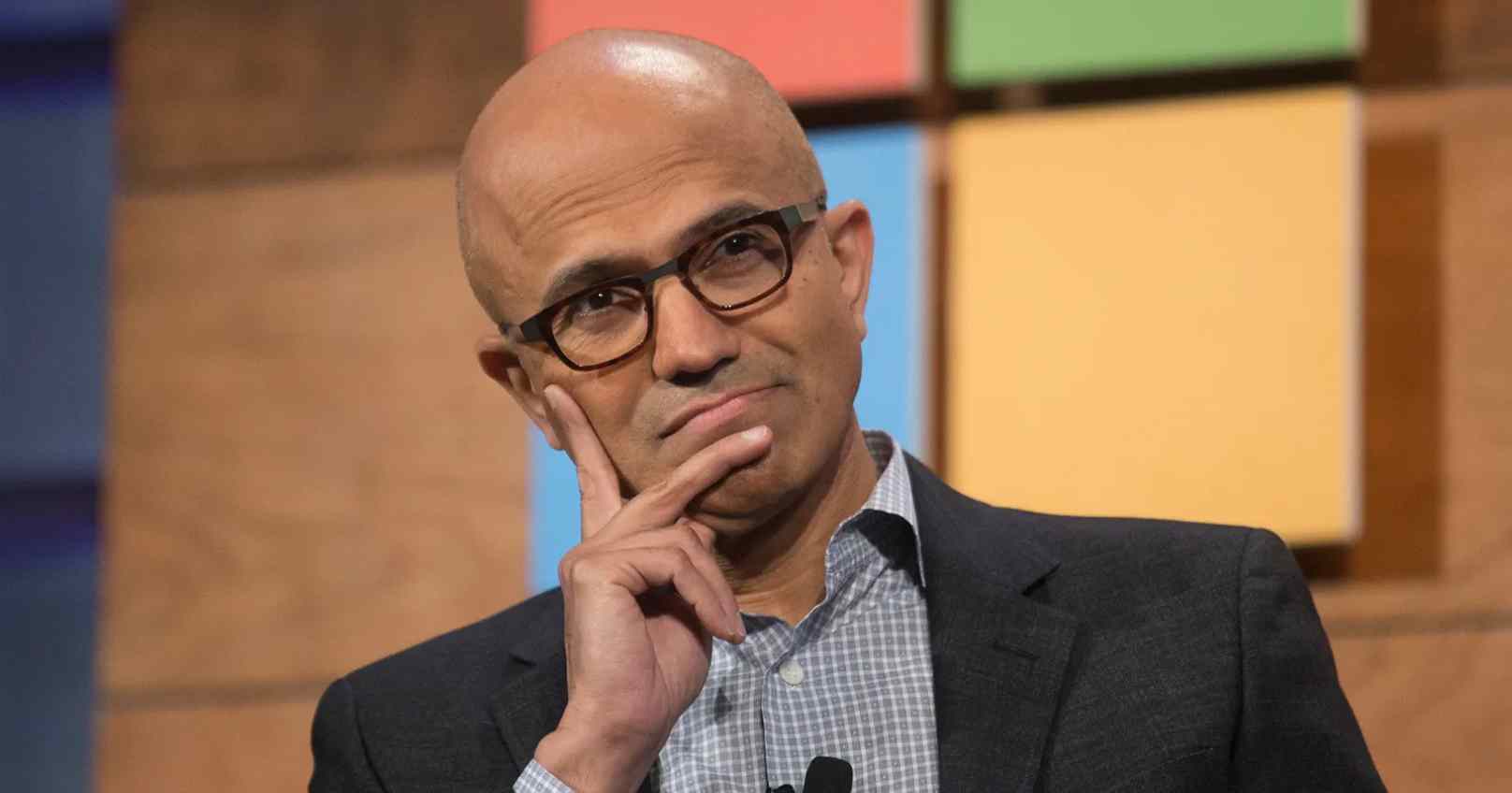Narayana Murthy Reiterates Call for Hard Work Over Work-Life Balance
Infosys co-founder Narayana Murthy has reaffirmed his stance against work-life balance, advocating for a stronger work ethic to drive India’s progress
15-11-2024Infosys co-founder Narayana Murthy has once again sparked discussion on the idea of work-life balance, asserting his strong opposition to the concept. Speaking at the CNBC Global Leadership Summit, Murthy reiterated his earlier views, which have previously ignited widespread debate.
"I do not believe in work-life balance," he said, standing firm on his belief that hard work is critical for India’s progress. Murthy emphasized that India needs a stronger work ethic and even suggested a 70-hour workweek for Indians to help the nation develop faster.
Expressing disappointment over India’s transition from a six-day to a five-day workweek in 1986, Murthy remarked, “I am sorry, I have not changed my view. I will take this with me to my grave.” He stressed that hard work is indispensable for a developing nation like India to overcome its challenges and compete globally.
Citing KV Kamath, the Independent Director and Non-Executive Chairman of Jio Financial Services, Murthy argued that India should prioritize solving its pressing issues rather than seeking work-life balance. He also highlighted Prime Minister Narendra Modi's rigorous work schedule as a model for others, suggesting that such dedication should inspire the workforce to match the effort.
Reflecting on his own career, Murthy shared how he lived by the values he espouses, working up to 14 hours a day, six and a half days a week. He described his routine of arriving at the office by 6:30 a.m. and leaving after 8:30 p.m., underscoring his belief that hard work is both a duty and a privilege for those fortunate enough to have access to education and opportunities.
“I’m proud of it,” he said, adding that dedication to work has been a cornerstone of his life. For Murthy, a strong work ethic is vital for India to remain competitive on the global stage, much like nations such as Germany and Japan, which rebuilt their economies through discipline and perseverance after World War II.
Murthy’s earlier suggestion that millennials in India should adopt a 70-hour workweek drew mixed reactions. While some agreed with his call for greater effort, others criticized it as excessive. Addressing the backlash, Murthy maintained that there is no substitute for hard work, regardless of talent or intelligence.
“The only way to show our appreciation for what’s happening around us is by working just as hard,” he said, reiterating his view that young Indians have a responsibility to contribute to the nation’s growth.
Murthy’s comments continue to fuel debate on balancing ambition with personal well-being, but he remains steadfast in his belief that hard work is essential for India’s progress and global competitiveness.


From financial collapse to a debt-free revival, Anil Ambani is staging a steady comeback in green en
Read More
Microsoft CEO Satya Nadella has clarified that the recent job cuts are part of a forward-looking AI
Read More
India has climbed to the fourth spot in the global economic rankings with a $4 trillion GDP, surpass
Read More